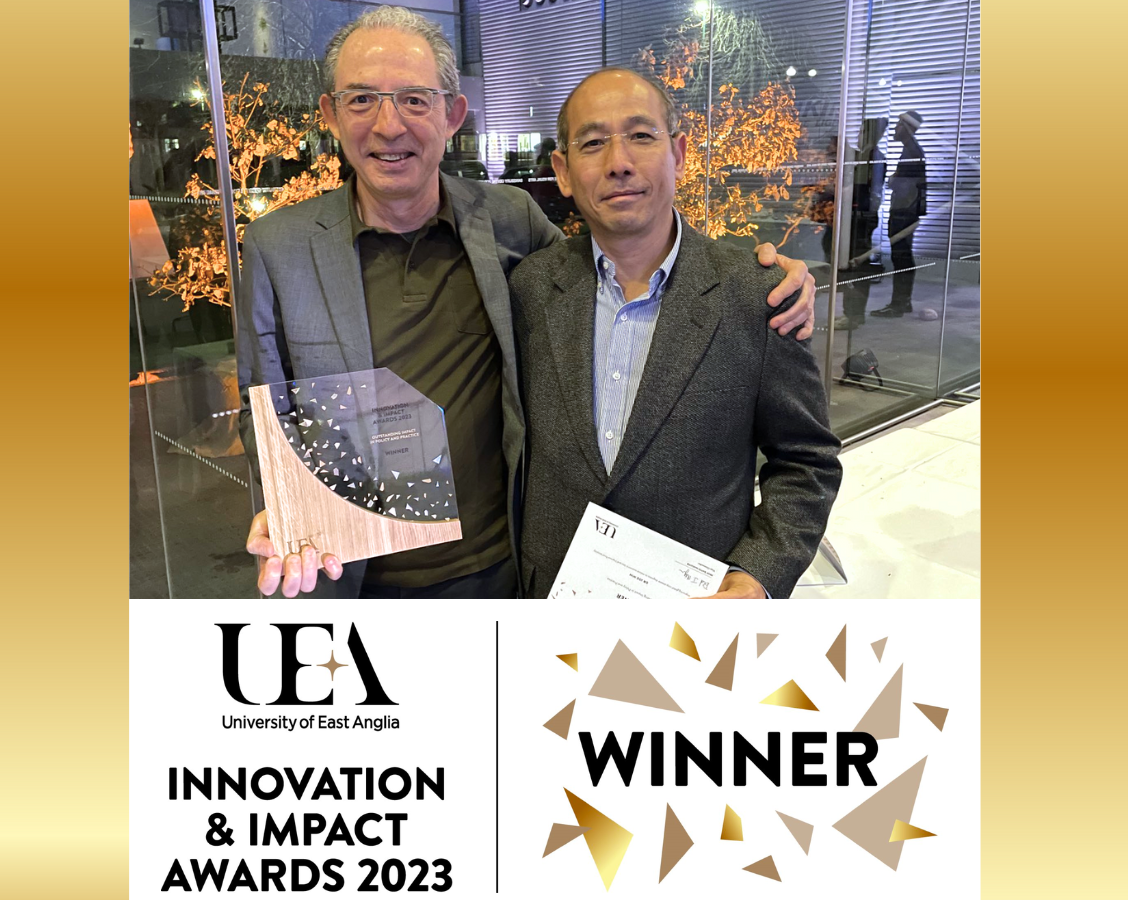TSL submits application to DEFRA for approval to carry out a field trial on GM Potatoes
The Sainsbury Laboratory (TSL) has applied to the Department for the Environment, Food and Rural Affairs (Defra) for permission to carry out a field trial on genetically modified potatoes on the Norwich Research Park between 2016 and 2018.
The trial will test the effectiveness of individual late blight resistance genes in Maris Piper potatoes. Results from this trial will contribute to TSL’s Potato Partnership project. This research has been funded by the Biotechnology and Biological Sciences Research Council (BBSRC).
The application will be assessed by an independent expert group, the Advisory Committee on Releases to the Environment (ACRE), who will evaluate the application during a 90 day process which includes a public consultation.
In accordance with the Genetically Modified Organisms (Deliberate Release) Regulation 2002, The Secretary of State for the Environment, Food and Rural Affairs invites representations on any risks of damage to the environment posed by the release. All representations should be received by 22 March 2016 and sent either:
by post to The GM Team, Department for Environment, Food and Rural Affairs, Area 1C, Nobel House, 17 Smith Square, London SW1P 3JR, stating the application reference number 16/R29/01
Or
by email to gm-regulation@defra.gsi.gov.uk (please include the application reference number 16/R29/01 in the e-mail title)
Links:
The application to Defra:
Funding approved to develop new potato at The Sainsbury Laboratory
http://www.tsl.ac.uk/news/new-potato-at-the-sainsbury-laboratory/
Q&A
- What genes are being tested in the field trial and what do you want to find out?
The goal of the field trial is to test five resistance genes, which provide potato plants with resistance to diverse strains of potato late blight disease. We hope to determine whether these genes provide resistance without a reliance on agricultural inputs, in an open air trial. As a control for our experiments, plants carrying a sixth resistance gene (Rpi-vnt1) that have already been tested in the field will also be included in the trial.
- Where will the field trial be held?
If approved, the field trial will take place on a relatively small area of land (no larger than 1000 square metres), located at the John Innes Centre, Norwich.
- How long will the trial go on for?
If approved, the field trial will take place from May to November, over three consecutive years, starting in May 2016.
- Is the trial definitely going ahead?
Only if DEFRA grants the permit. It will take at least 90 calendar days from the day when the application was acknowledged (29/01/16) for the minister to issue a decision.
- Why do you have to apply for approval from DEFRA?
Approval is a legal requirement. DEFRA has created the Advisory Committee on Releases to the Environment (ACRE) to ensure each trial is safe and will not cause environmental damage. ACRE analyses the data provided and assess possible risks of the trial. It gives consent if it considers the trial is safe. The committee also give advice and recommendations on how things should be done if the consent is granted. Finally it checks that we comply with their requirements in every step of the process, before, during and after the trial.
- What are the next steps in this application?
DEFRA considers the application, holds a public consultation and finally the minister issues a decision. All this takes at least 90 days. At any time, further information or clarification might be requested by DEFRA.
- Is the field trial and the research undertaken publicly funded?
Yes. The trial is testing work from a long-standing publicly funded Biotechnology and Biological Sciences Research Council (BBSRC) programme of scientific research to study new potato late blight resistance genes.
- What steps have you taken to contain the GM plants and prevent them from mixing with conventional crops in the area?
An isolation distance of 20 m to other potato varieties will be observed.
A 3-metre high fence will decrease the chance that larger animals will be in contact with the plants.
The field trial site will be visited regularly by trained laboratory personnel to monitor the trial and to prevent any adverse environmental effects or adverse effects to human health. Emergency plans are in place should the need arise to terminate the trial at any point.
- What do you do with the plants after you have noted the results of your trial?
At the end of each season, all harvested material (plant tops and tubers) will be placed in sealed bags or containers and removed from site to an authorised waste disposal facility. Disposal will be carried out by incineration.
After each season during the 3-year trial period and following the end of the trial, the plot will be left fallow and monitored for volunteer plants. Any volunteer plants identified will be immediately destroyed.


